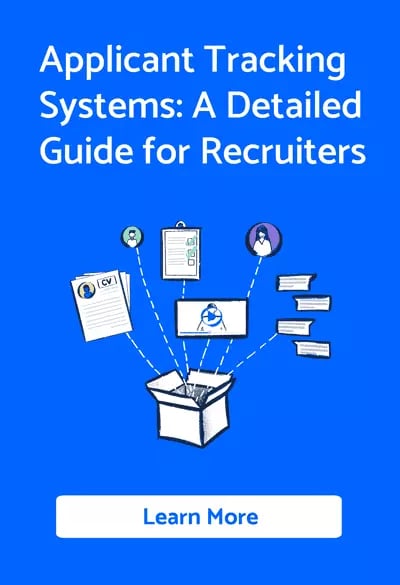In today's bustling business landscape, standing out can be challenging, especially for small-to-medium businesses (SMBs).
Yes, your products, pricing, or customer service matter, but there's another contender that's often overlooked - employer branding.
The significance of employer branding cannot be overstated. A LinkedIn survey found 75% of job seekers scrutinise an employer's brand before applying.
Additionally, Glassdoor reveals that 69% of candidates wouldn't accept an offer from a company with a poor employer brand, even jobless.
The message is clear - employer branding is a pivotal part of attracting and retaining top talent.
1. What is Employer Branding?
Employer branding is your company's reputation as an employer. It combines your company culture, values, benefits, career progression opportunities, work-life balance, and more.
A robust employer brand acts as a talent magnet, attracting the best in the field. LinkedIn data shows that a strong employer brand can reduce turnover rates by 28% and the cost per hire by half. Therefore, for SMBs, strategically positioning their unique strengths to the talent market is crucial.
2. A Step-by-Step Guide to Employer Branding
Step 1: Sculpt Your Employee Value Proposition (EVP)
Your EVP is your unique cocktail of benefits and rewards that your company offers to employees. A well-defined EVP not only attracts talent but also retains them. According to a CEB study, a well-articulated EVP can slash employee turnover by 69% and amplify new hire commitment by 29%.
Step 2: Nurture a Robust Company Culture
Company culture is the backbone of your employer brand. It shapes how current employees and potential candidates perceive your company. A study by Deloitte underlines the significance of a distinct corporate culture, with 94% of executives and 88% of employees agreeing that it's pivotal to business success.
Step 3: Leadership: A Cornerstone of Your Brand
Leadership is a key element in your employer branding strategy. Leaders set the tone for the work culture and environment, and their behaviour and actions directly impact how employees and potential candidates perceive your brand. Weber Shandwick's study states that engaged and visible leadership can significantly enhance your employer brand.
Step 4: Empower Employee Advocacy
The Edelman Trust Barometer reports that employees are the most trusted influencers when communicating about their company's engagement and integrity. Encouraging employees to share their positive experiences, whether through testimonials or social media posts, can bolster your employer's brand.
Step 5: Proactively Manage Online Reviews
Your online reputation plays a significant role in shaping your employer brand. A study by Software Advice found that 58% of candidates look up a company's online reputation before applying. Actively managing these reviews, responding constructively, and leveraging positive reviews can boost your employer brand.
The Power of Social Media in Employer Branding
In this digital era, social media platforms have emerged as powerful tools for enhancing your employer branding. They provide an excellent platform to showcase your company culture, EVP, and other unique attributes. LinkedIn's Global Recruiting Trends report shows that 59% of employers invest heavily in social and professional networks to strengthen their employer branding strategy.
Monitoring Your Employer Brand: Key Metrics Matter
A successful employer branding strategy goes beyond implementation - it involves tracking your performance and adjusting your strategy based on these insights. Key metrics such as time to fill, quality of hire, and offer acceptance rate can provide valuable insights into your employer branding effectiveness.
3. Building an Inclusive Employer Brand
As we journey towards increasingly globalised workplaces, diversity and inclusion, have emerged as essential elements in strengthening an employer brand.
According to a Glassdoor survey, 67% of job seekers cited a diverse workforce as a significant factor when evaluating job offers. An inclusive employer brand not only helps attract a wide array of talent but also fosters innovation and brings a variety of perspectives to your business.
Employer Branding and the Remote Work Revolution
The remote work revolution, accelerated by the global pandemic, has added another layer to the employer branding puzzle.
With increasing employees working remotely, conveying your company culture and values to a dispersed workforce can be challenging. However, companies that successfully establish a robust remote employer brand stand to gain significantly.
An Owl Labs study indicates that companies that support remote work have 25% lower employee turnover than companies that don’t.
Wrapping up…
Creating a compelling employer brand might seem like a Herculean task for SMBs, but the benefits far outweigh the effort.
It's about authenticity, fostering a sense of belonging, and creating an environment where employees feel valued.
Your employer brand is more than just a talent magnet; it's a significant driver of business growth and success.
Therefore, investing time and resources in strengthening your employer brand is worthwhile for every SMB.




